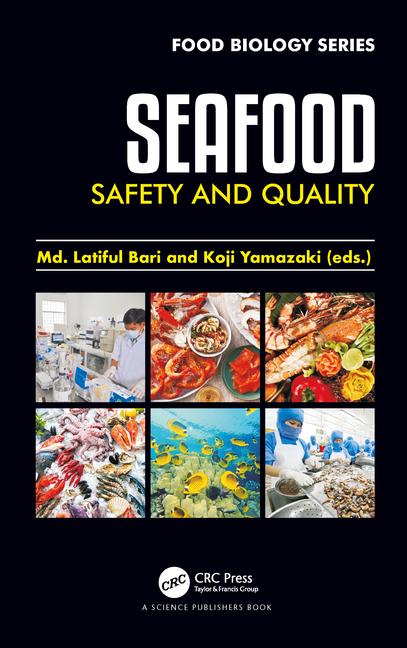Food Safety: A War of Attrition
Andy Hanacek
Executive Editor
Executive Editor
Food safety. What does that term mean to you? What did that term meat to you a decade or two ago?
Today, in the meat and poultry industries, I’m guessing that to most processors the term “food safety” generally means the same thing. Years ago, however, that might not have been the case.
I’ll be the first to admit, I’m a late-comer to the world of food safety — while the American Meat Institute was making food safety a non-competitive issue amongst its member base, I was busy prognosticating NFL games in my previous position as an editor at Pro Football Weekly magazine. While the Food Safety & Security Summit was being born and hashed out over the years, the closest I got to food safety on a daily basis was making sure I wasn’t eating during live radio appearances in Des Moines, Iowa, or Jacksonville, Fla.
I’m sure that when the whole notion of food safety came down the pike, there were folks in the industry that balked at it. It was a big change — both conceptually and financially — for the industry to make, and no doubt, facing those types of barriers, some shuddered at the thought of change.
I do see that “ain’t gonna change my ways” stubbornness on occasion today — a prime example comes from one of our sources in this month’s magazine. This gentleman’s colleague, who had run a successful business in the industry for decades, when facing the all-natural/organic trend, called it bull-“oney.”
Fortunately for the business, our source sees it differently. He believes that the natural/organic movement is not a trend that will go away — he sees people at Whole Foods paying premium dollars for natural products of all sorts, and he is not afraid of change. That’s not to say his colleague fears change, but the knee-jerk reaction to something different among successful businesspeople often mirrors his response.
I can picture many of the old-timers of that day, back when food safety was a fledgling notion, saying the same derogatory statement about food safety. After all, it was going to change the way they did business, and not necessarily in a good way, as they perceived it at the time. One can only wonder, if food safety had not become a non-compete issue, would as many companies have been convinced to alter their outlook on food safety and convert their ideals?
In this month’s “State of Food Safety” report on page 62, Dr. Richard Raymond, Under Secretary for Food Safety at the USDA-FSIS, helps describe just how far the industry really has come, and what great revelations are on the horizon. Raymond gives the industry a solid 7.5 rating on a 10-point scale in terms of food safety and food security.
Indeed, the media has been all over recent recalls of different food products, but for the most part, Raymond confirms, recalls on the whole have been down in recent years, and the additional media coverage is never a bad thing when it comes to making the public aware and keeping them healthy.
That’s plain and simple evidence that industry is doing its job, and that most, if not everyone, considers food safety a solid pillar of a good business plan in this industry. Perfection is nearly impossible to attain, but in keeping food safety at the forefront, it appears the meat and poultry industries won’t be far off perfection within the next decade.




Report Abusive Comment